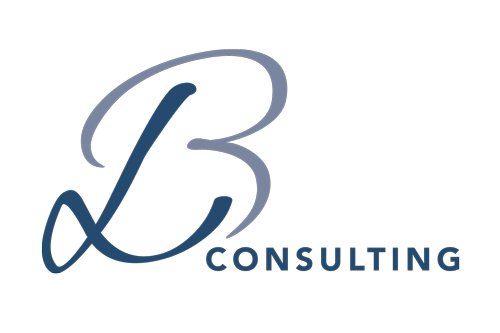Over the past two Covid Pandemic ridden years teacher’s competence, relatedness and autonomy may have been compromised.
These 3 basic psychological needs https://www.ckju.net/en/dossier/why-basic-psychological-needs-autonomy-competence-and-relatedness-matter-management-and-beyond#executive-summary may not have been met or only partially met leading to feelings of being overwhelmed, feeling emotionally exhausted, feeling disconnected and feeling they had no say over what was happening & what they were expected to do.
Post covid, ensuring teacher’s 3 basic psychological needs are met could be the most important step before beginning/re-igniting teacher professional development or initiating new programmes. All 3 psychological needs have wellbeing implications which in turn have performance implications.
The first step is helping teachers to re-connect. If we are connected to others and feeling cared for, then wellbeing increases. Some ideas for reconnecting teachers could be:
- Provide a number of fun social activities to help staff reconnect and relate to each other
- At staff meetings ensure there are cross-team activities
- Buddy teachers up and offer them a half hour release to have a coffee and chat during school time
The second step is helping teachers to regain feelings of competency, As competence increases we become more motivated and self-assured. If competence is high, then wellbeing is increased. Some ideas for building competency could be:
- Gather data on teachers’ feelings regarding their teaching challenges and needs at this time. Analysis of the data will inform how ready teachers are to undertake new professional learning.
- Share teaching practice across the school to highlight internal expertise/capability, and expectations around effective consistent practice. This will increase feelings of validation and bring focus back on collective efficacy.
The third step is helping teachers regain a sense of autonomy around their practice. If we have voice and choice in our work, then wellbeing increases. Ideas for building autonomy could be:
- In cross-teams, re-visit the school’s curriculum framework and unpack what each element looks/feels/sounds like now in a hybrid learning world. Collectively re-work the essence of the curriculum elements to ensure a shared understanding, articulation and implementation.
- Offer sand-pit teacher inquiry time, unrelated to a whole school initiative, where teachers collect data within their class or team based on a hunch and explore new initiatives/interventions to grow their practice and improve outcomes for students.
- Value teacher collaboration by acknowledging the innovation in their responses to the Covid crisis and their flexibility to act collaboratively in various ways. Provide the time to document this best practice and challenges in order to grow their collaborative practice further.
A focus on helping teachers to re-connect with each other, to feel motivated and to have a voice will lay a firm foundation for future professional development and/or the introduction of new initiatives.
A recent UNESCO publication concludes:
Today it is clear that nothing can substitute for collaboration between teachers, whose function is not to apply ready-made technologies or pre-prepared didactics, but to fully assume their role as knowledge enablers and pedagogic guides. The capacity to initiate, experiment and innovate that has been unleashed during these pandemic disruptions must be allowed to continue.
